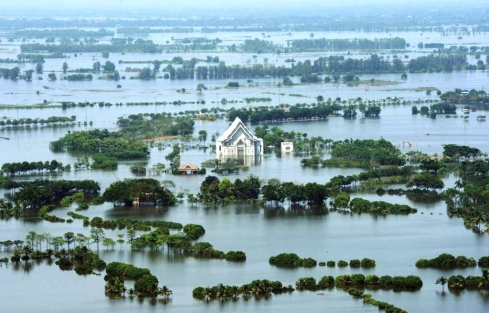
Flickr: dany13
By PISA Program Assistant, Dr. Miriam Grinberg
Where for the other countries in Southeast Asia covered so far in this series sea level rise is a more recent concern, in Thailand, it has long been cited as an important factor behind the oft-discussed “sinking” of its capital, Bangkok. Local data from around the country has shown an increase in sea level of about 5 mm in the last 25 years, a rise that has been accompanied by increased incidents of cyclones, flooding, and deadly storm surges. The country’s devastating 2011 floods, for example, not only impacted over 1.69 million hectares of land, resulting in economic losses of over $2 billion — it also caused global industrial production to decline by 2.5%, as seven major industrial parks and the 800+ companies therein (largely producing automobile parts and electronics) were inundated.

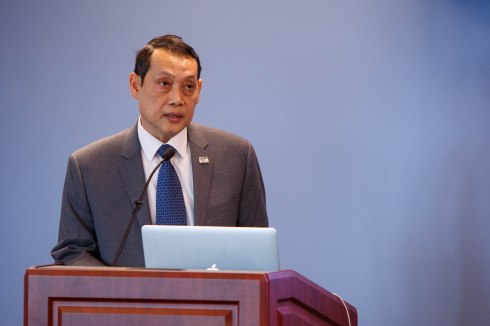
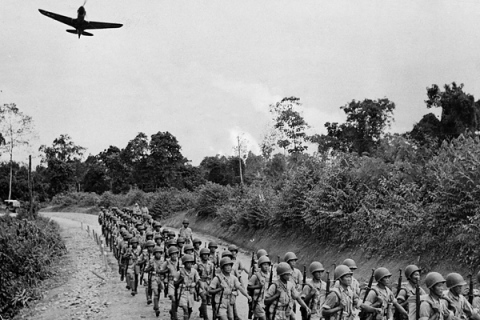
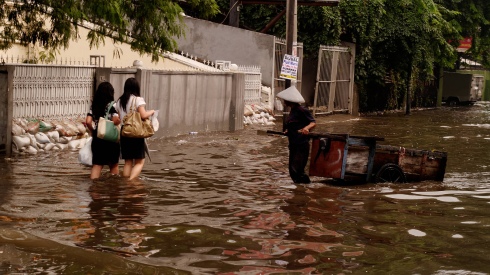
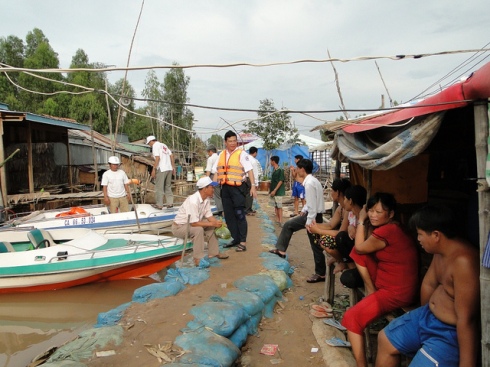
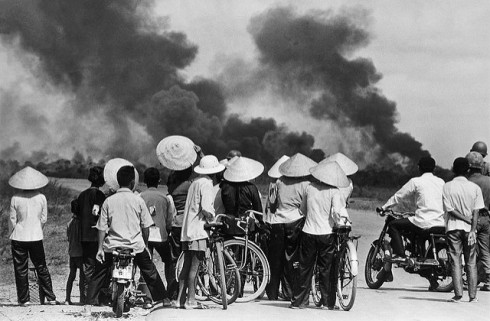
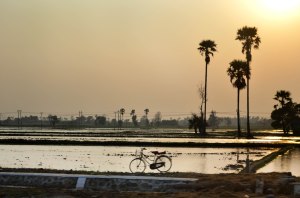



Latest Commentary